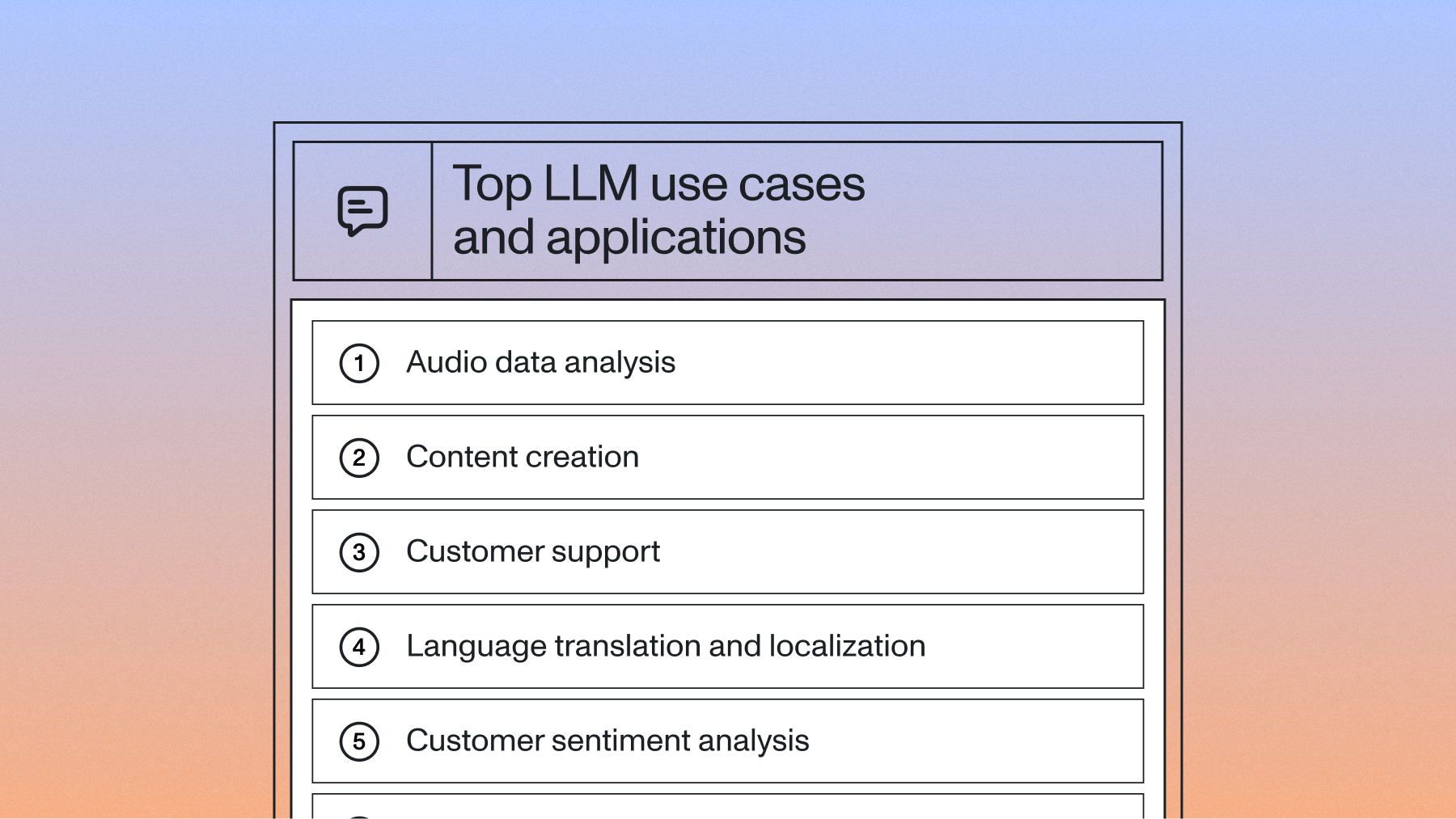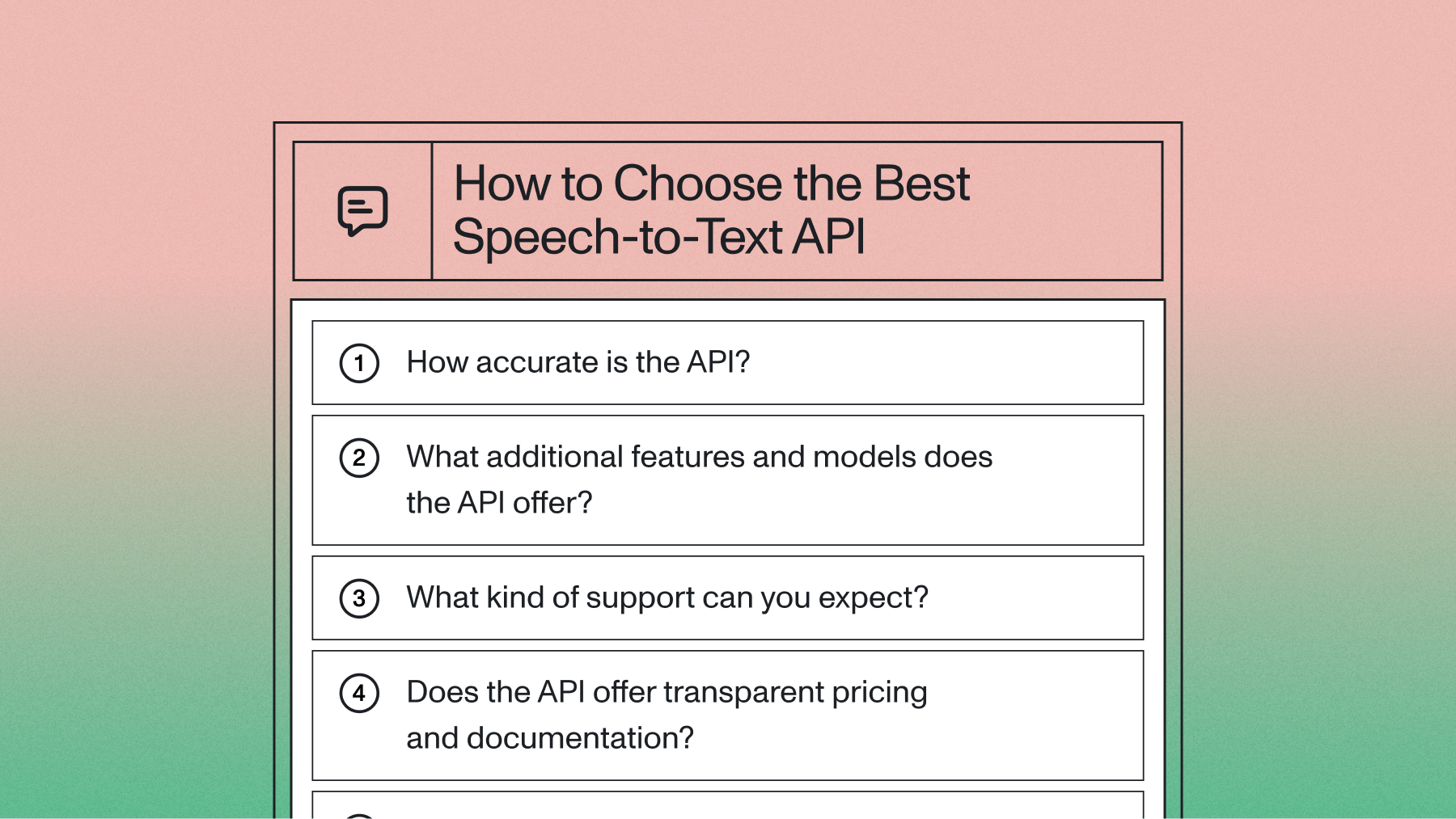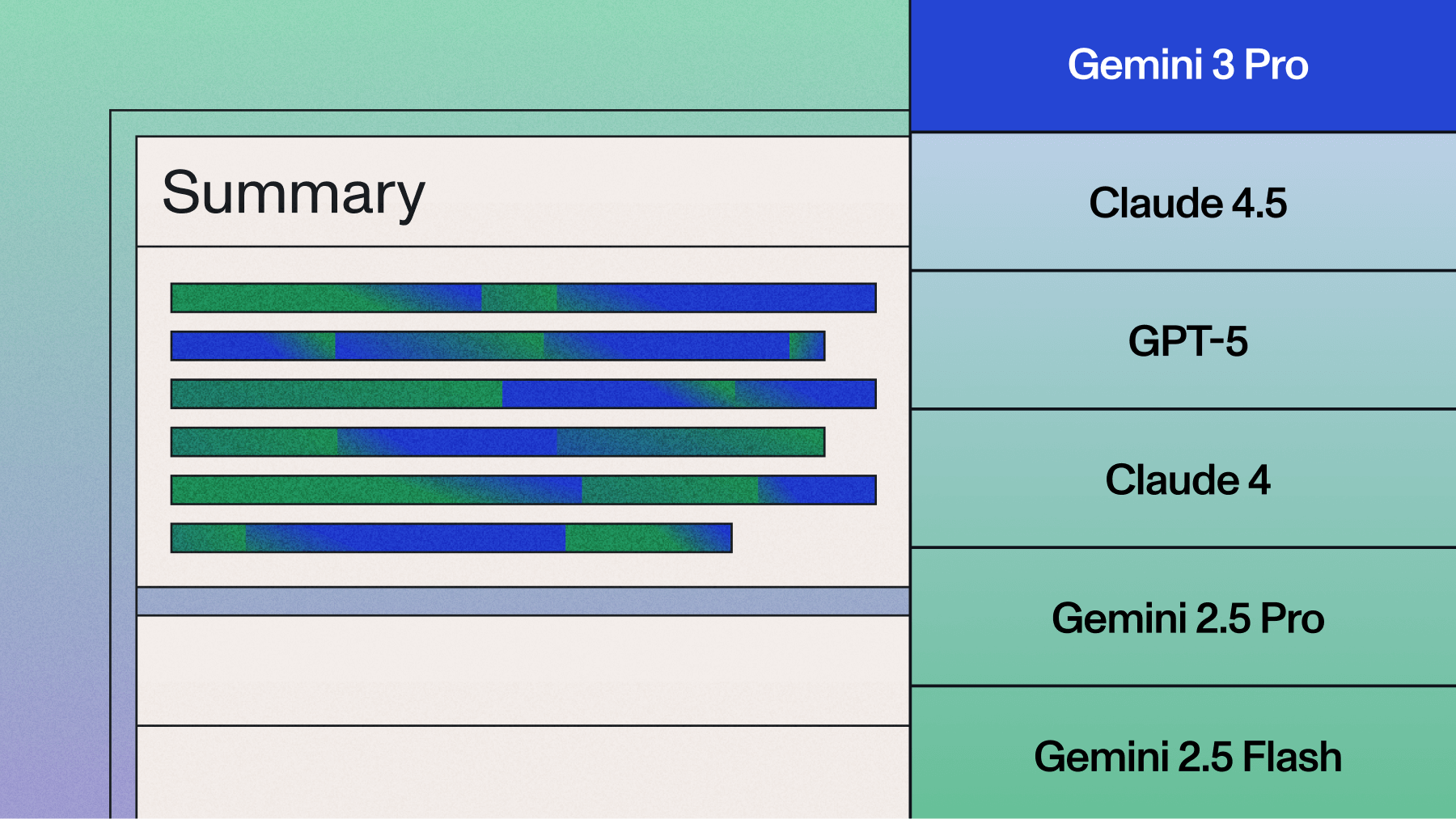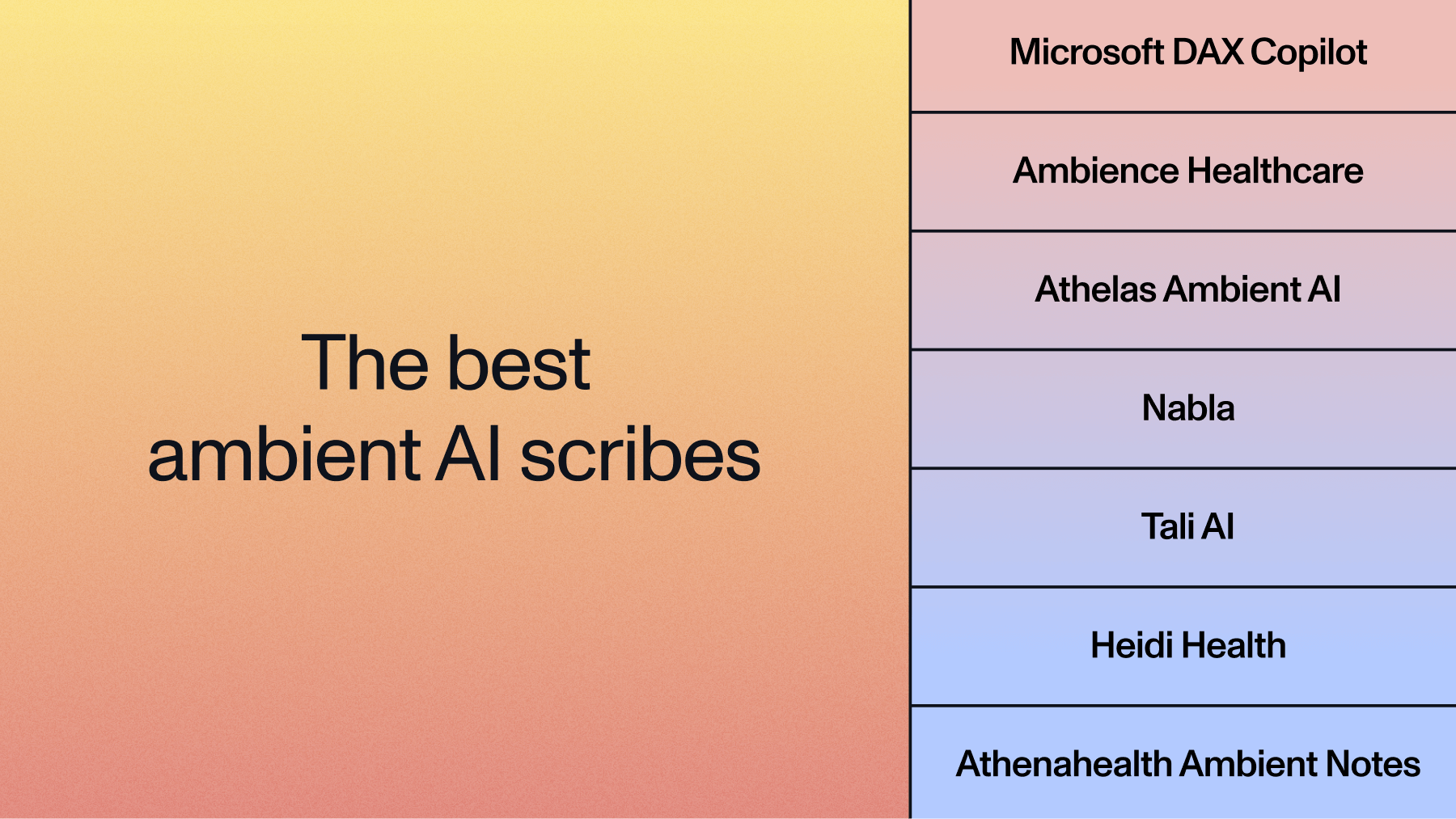7 LLM use cases and applications in 2026
Learn about the top LLM use cases and applications in 2026 for streamlining business operations, automating mundane tasks, and tackling challenges.



Large Language Models (LLMs) are reshaping how businesses operate and compete. These AI systems that understand and generate human language at scale have moved from experimental technology to essential business infrastructure, powering everything from customer service automation to complex data analysis.
Gone are the days when AI's responses were rigid and predictable. Today's LLMs can create content, solve complex problems, and engage in natural conversations with remarkable accuracy. For businesses, this means unprecedented opportunities to streamline operations, automate routine tasks, and uncover insights that drive competitive advantage.
Below, we'll explore the most impactful LLM use cases and applications transforming industries in 2024, from proven implementations delivering measurable ROI to emerging applications that are redefining what's possible with AI.
What is an LLM (and what do you use it for)?
Large Language Models are AI systems that process and generate human language by analyzing massive text datasets. You use LLMs to automate content creation, analyze customer conversations, translate languages, and extract insights from unstructured data.
Companies using LLMs report significant operational improvements: 40% reduction in content creation time, 60% faster document processing, and 3x improvement in customer query resolution rates. Here's what drives these results:
- Versatility across domains: LLMs handle diverse tasks from basic text summarization to specialized applications in healthcare, legal, and financial services, adapting to industry-specific terminology and requirements.
- Human productivity amplification: By automating content creation and data analysis workflows, LLMs free valuable time for strategic thinking and creative work, enabling teams to focus on higher-value activities.
- Information accessibility: LLMs bridge the gap between vast data repositories and actionable insights, making complex information digestible and accessible to users across skill levels.
- Interactive experiences at scale: These models power sophisticated chatbots, virtual assistants, and educational tools that provide personalized, context-aware interactions for millions of users simultaneously.
However, implementing LLMs successfully requires careful planning and the right technical foundation. Organizations often struggle with integration complexity, data quality issues, and selecting appropriate use cases for initial deployment.
For voice and audio applications, AssemblyAI's LLM gateway provides a streamlined framework for applying Large Language Models to spoken data. It offers a simple interface to various LLMs, enabling developers and businesses to build powerful voice-driven features without extensive AI expertise.
With just a single API call, you can leverage LLM gateway to:
- Summarize audio and video files into concise paragraphs, bullet points, or single sentences
- Ask questions about your spoken data to extract specific information
- Generate insights including action items, call outcomes, and sentiment analysis
- Identify speakers and assign names based on conversation context
- Create custom tags to categorize audio content automatically
- Define your own tasks with custom prompts tailored to any use case
Top LLM use cases and applications
From revolutionizing customer interactions to transforming internal operations, LLMs are proving their value across every business function. Their versatility enables both breakthrough innovations and practical efficiency gains that directly impact the bottom line.
Here are the most compelling LLM use cases driving business transformation in 2024:
1. Spoken data analysis
Applying LLMs to spoken data transforms hours of recordings into actionable insights within minutes. This process begins with accurate transcription to convert audio into text, then leverages LLM frameworks like AssemblyAI's LLM gateway to generate summaries, extract key points, and answer specific questions about meetings, calls, or recordings.
Organizations leverage spoken data analysis for measurable business impact:
- Sales teams: Analyze thousands of calls to identify winning patterns, improving conversion rates by up to 23%
- Support centers: Automatically pinpoint recurring issues, reducing resolution time by 40%
- Leadership teams: Extract automated meeting insights, saving 2+ hours weekly per executive
2. Content creation
LLMs empower writers, marketers, and creative teams by generating initial drafts, suggesting improvements, or producing complete articles, reports, and marketing materials. This capability accelerates the content creation process while maintaining quality, allowing teams to focus on strategy and creative direction rather than mechanical writing tasks.
For content-heavy industries, this represents a fundamental shift in productivity, enabling smaller teams to produce more content while maintaining consistency and brand voice across all materials.
3. Customer support
LLMs are transforming customer support by providing automated yet personalized responses to inquiries. This technology enables businesses to offer round-the-clock support without proportional increases in staffing, improving both operational efficiency and customer satisfaction.
Beyond handling routine queries, modern LLMs understand context, analyze sentiment, and seamlessly escalate complex issues to human agents when needed. This creates a support experience that feels personal and responsive while significantly reducing operational costs.
4. Language translation and localization
LLMs break down language barriers, enabling businesses to reach global audiences effectively. These models provide real-time, accurate translation and localization services that go beyond word-for-word conversion to capture cultural nuances and contextual meaning.
This capability makes websites, applications, and content universally accessible, facilitating global expansion and cross-cultural communication at a scale previously impossible for most organizations.
5. Customer sentiment analysis
LLMs analyze textual and voice data to understand customer emotions and attitudes at scale. They process feedback, reviews, and social media mentions to provide real-time insights into public perception, emerging issues, and brand sentiment trends.
This use case powers everything from reputation management to product development strategies, helping businesses stay ahead of customer concerns and market shifts before they become critical issues.
6. Education and training
LLMs deliver personalized education and training experiences by adapting content to individual learner needs. They provide tutoring, generate practice questions, and offer explanations tailored to each student's pace and comprehension level.
This application democratizes education, making high-quality learning resources accessible to learners worldwide while reducing the cost and complexity of creating customized training materials.
7. Cybersecurity
Businesses leverage LLMs to analyze vast volumes of cybersecurity data, identifying patterns and anomalies that human analysts might miss. LLMs understand the context and nuances of security alerts, enabling faster threat detection and more accurate incident response.
This strengthens organizational security postures by providing continuous, intelligent monitoring that adapts to evolving threat landscapes.
Industry-specific LLM applications and success stories
Companies implementing targeted LLM solutions achieve results within 2-3 months: 50-70% reduction in processing time, 25% improvement in customer satisfaction scores, and ROI of 300% within the first year.
Legal Technology: JusticeText helps public defenders identify critical case information 75% faster than manual review by applying LLMs to audio evidence from body cameras and interrogation recordings.
HR and Compliance: Organizations including FAMA leverage LLMs to enhance hiring processes by analyzing online data for risk indicators, while companies like Qualifi streamline interview analysis to identify top candidates more effectively.
Sales Intelligence: Platforms such as CallSource and Ringostat apply LLMs to customer call analysis, uncovering insights that improve conversion rates through better understanding of conversation dynamics and customer sentiment.
Healthcare and Medical: Healthcare providers are using LLMs for clinical documentation, with companies developing solutions that reduce administrative burden on medical professionals while improving documentation accuracy.
Media and Content: Organizations like Happy Scribe and Veed utilize LLMs to process video and audio content, automatically generating transcripts, captions, and summaries that make content more accessible and searchable.
Financial Services: Financial institutions deploy LLMs for compliance monitoring, risk assessment, and customer service automation, processing vast amounts of unstructured data to identify patterns and ensure regulatory compliance.
Real-world LLM implementations across business sectors
Understanding how leading companies actually implement LLMs provides valuable insights for organizations planning their own AI initiatives. These real-world examples demonstrate proven approaches and tangible results across diverse business contexts.
Enterprise customer service transformation
Major enterprises are deploying LLMs to handle millions of customer interactions annually. These implementations typically begin with analyzing historical support tickets to identify common issues, then training LLMs to provide accurate, contextual responses. Companies report significant improvements in first-call resolution rates and customer satisfaction scores.
The most successful deployments combine LLMs with existing CRM systems, ensuring seamless handoffs to human agents when needed. Organizations like Broadvoice and CloudCall have integrated LLM-powered features into their communication platforms, enabling smarter routing and automated response suggestions.
Content and media production
Media companies and content creators are using LLMs to accelerate production workflows. Platforms including Descript and ContentFries leverage these models to automatically generate transcripts, create chapter markers, and suggest edits for video content.
Educational content providers such as uQualio and Coding Ninjas use LLMs to create personalized learning materials and automated assessments, scaling their ability to serve diverse learner populations without proportional increases in content creation costs.
Professional services automation
Law firms, consulting agencies, and accounting firms are implementing LLMs to automate document review, contract analysis, and report generation. These applications free professionals to focus on strategic advisory work while ensuring consistency and accuracy in routine documentation.
Companies like Clari and Salesforce have embedded LLM capabilities into their platforms, enabling sales teams to automatically capture meeting insights, update CRM records, and generate follow-up communications.
Healthcare documentation and analysis
Healthcare providers face mounting documentation requirements that consume valuable clinical time. LLM implementations in healthcare focus on ambient clinical documentation, automatically capturing patient encounters and generating structured notes that integrate with electronic health records.
Organizations are also using LLMs to analyze patient communications, identify care gaps, and automate administrative tasks like appointment scheduling and insurance verification.
Retail and e-commerce optimization
Retail businesses deploy LLMs for product description generation, review analysis, and customer service automation. These implementations help companies maintain consistent product information across thousands of SKUs while providing personalized shopping assistance at scale.
E-commerce platforms use LLMs to analyze customer feedback, identify product issues early, and generate targeted marketing content that resonates with specific customer segments.
LLM implementation strategies and business impact
The most successful LLM implementations follow a systematic approach that prioritizes business impact over technology complexity. Organizations achieving the best results focus on clear objectives and measurable outcomes from the start.
Implementation Timeline by Use Case
Key Success Factors
- Problem-first approach: Identify high-value, repetitive language tasks before selecting technology solutions
- Pilot strategy: Start with well-defined use cases that demonstrate clear business value
- Incremental deployment: Build momentum through small wins rather than enterprise-wide transformation
- Integration planning: Ensure smooth connection with existing workflows and systems
How to drive operational efficiency with LLMs
Operational efficiency isn't just a goal—it's a necessity for competitive businesses. LLMs offer powerful capabilities to streamline operations, enhance productivity, and foster innovation without overwhelming budgets or disrupting existing processes.
Organizations can seamlessly integrate LLMs into their workflows to automate routine tasks, improve decision-making processes, and stimulate creativity. Here's how leading companies are achieving these benefits:
Automate routine tasks
Businesses leverage LLMs to manage emails efficiently, auto-generate reports, and handle customer service inquiries without human intervention. This automation extends beyond simple tasks to enable dynamic content generation that meets specific guidelines and answers complex customer queries with high accuracy.
By using LLMs to reallocate human resources from routine tasks to strategic roles, companies significantly enhance productivity and operational efficiency. Teams that once spent hours on documentation now focus on innovation and customer relationships.
Improve decision-making
Data is the lifeblood of modern business strategy, yet the sheer volume of information can overwhelm even the most robust analytics teams. LLMs excel at digesting, summarizing, and analyzing large datasets, extracting actionable insights that inform business decisions.
Whether summarizing market research, conducting sentiment analysis on customer feedback, or synthesizing operational reports, LLMs provide teams with distilled views of vast data landscapes. This capability supports better-informed decision-making and ensures strategies are grounded in comprehensive data analysis.
Lorem ipsum dolor sit amet, consectetur adipiscing elit, sed do eiusmod tempor incididunt ut labore et dolore magna aliqua. Ut enim ad minim veniam, quis nostrud exercitation ullamco laboris nisi ut aliquip ex ea commodo consequat. Duis aute irure dolor in reprehenderit in voluptate velit esse cillum dolore eu fugiat nulla pariatur.





